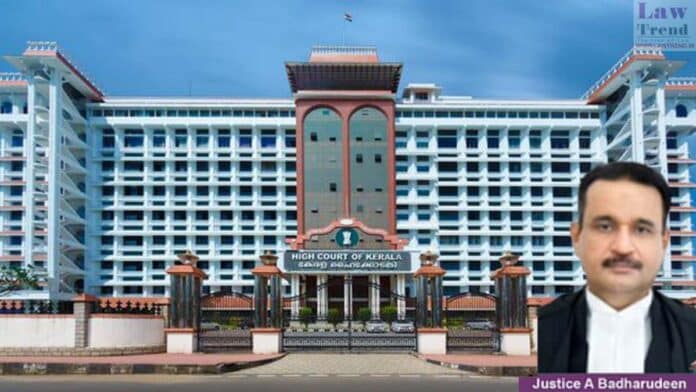In a significant ruling, the Kerala High Court, on September 10, 2024, quashed charges under the Protection of Children from Sexual Offences (POCSO) Act and the Indian Penal Code (IPC) against the accused in the case of CRL.MC No. 5035 of 2023. Justice A. Badharudeen, presiding over the case, observed that sending messages and calls
To Read More Please Subscribe to VIP Membership for Unlimited Access to All the Articles, Download Available Copies of Judgments/Order, Acess to Central/State Bare Acts, Advertisement Free Content, Access to More than 4000 Legal Drafts( Readymade Editable Formats of Suits, Petitions, Writs, Legal Notices, Divorce Petitions, 138 Notices, Bail Applications etc.) in Hindi and English.




